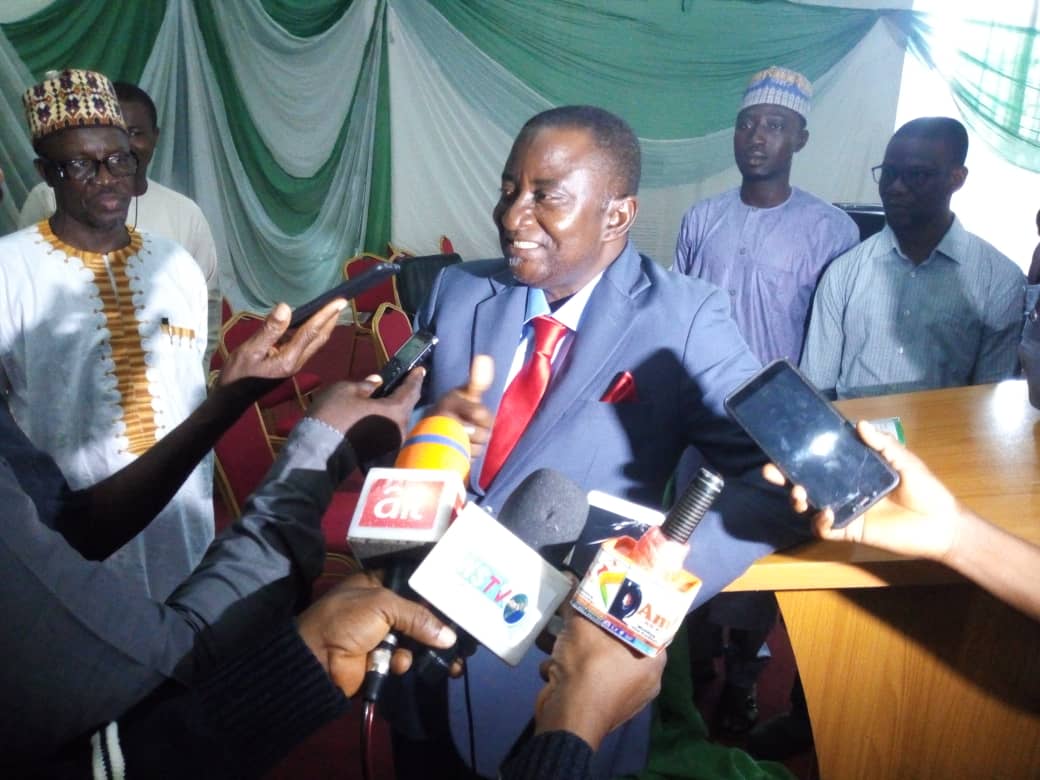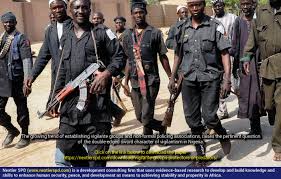From Naseer Al-sirajdeen Minna
The Political will and commitment on the part of political leaders at all levels is what is required to put an end to the pervading insecurity and insurgency across the country particularly in the Northern part of the country the former General officer (GOC) commanding 3 division of the Nigerian Army Jos, Brigadier. General Bello Abdullahi Mohammed (rtd) has observed.
He noted that lack of Political will from the government is responsible for the increasing level of insecurity bedeviling the country, stressing the need for goverment to as a matter of necesity put the necessary machineries in place to arrest the ugly situation

According to the retired Military officer, the goverment has all it takes to put an end to the prevailing security challenges that has overwhelmed the nation stating that government at all levels should urgenly use the instruments of the law as enshrined in the Constitution to safeguard the lives and the property of the people.
Speaking with journalists in an interview in Minna at the weekend Rtd General Bello Abdullahi explained that lack of political will is the reason some state governors are clamouring for the establishment of state police to safeguard their respective states.
He pointed out that the president as the commander in chief and the governors as the chief security officers of their respective states are ” toothless buldogs that cannot bite without further directive from the commander in chief for them to take the required measures.
He argued that the 1999 constitution as amended rendered the state governors as the chief security officers of their respective states incapacitated to safeguard and protect their citizens insisting that with their own state police under their payroll they will be able to confrontt any of the security challenges in their respective states because it will be under their control”
He reiterated that lack of Political will and lack of commitment on the part of goverment is responsible for the insecurity and bandtry and other security challenges bedeviling the Northern part of the country.
“The governors as the chief security officers of their respective states are toothless buldogs that cannot bite. The governors don’t have the means to make things work.
The priority goverment is given to what we require as a nation is not what the nation needed for now,as the Constitution is supreme.
For now, it is only the Federal government that is in full control of the nation’s security archtecture
“Like I said, the Political will is not there. So that is the reason some governors are all calling for the establishment of their own state police that they can control to safeguard and protect their people” He regreted the payment of ransom and royalty to armed bandits for the release of their victims from their captive by some state governors adding that the ransom is an empowerment for them to buy more sophisticated weapons they use in carrying out their nefarious activities against Nigerians.
While urging goverment at all levels to adequately fund all the security agencies in the country to curtail the increasing insecurity in the country, Bello admonished the people to always be security conscious at all times and report any unusual and suspicious movement around them to the appropriate security agencies for prompt action.



